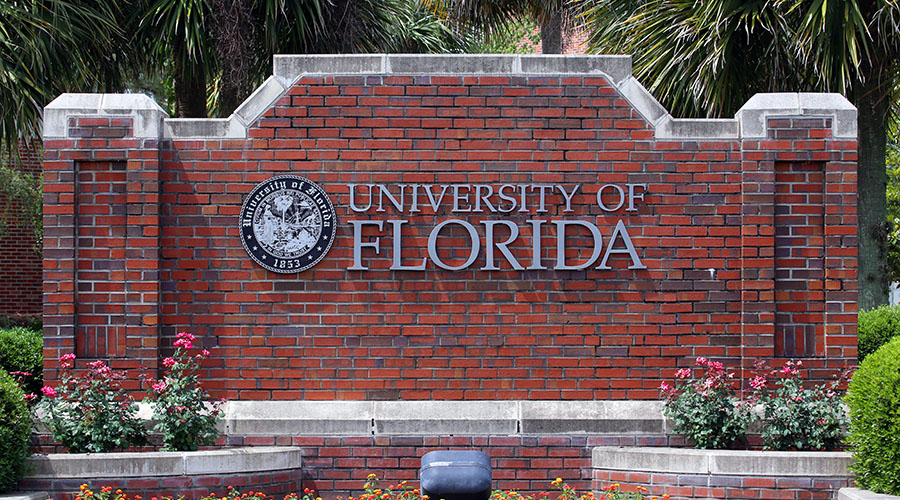
December 2023/January 2024 (Volume 32, Number 12)
APS and Partners Help Members Navigate Anti-DEI Legislation
By Tawanda W. Johnson and Julie Davis | December 7, 2023

Credit: Katherine Welles - stock.adobe.com
Florida passed some of the first laws targeting DEI initiatives in public colleges and universities.
In the last two years, dozens of state governments have proposed legislation to limit or ban diversity, equity, and inclusion (DEI) programs and policies in public colleges, universities, and other institutions. Many in physics have expressed alarm, concerned these bills could harm research, teaching, and diversity in the field.
“Most people are not sure what to do,” said Katheryn Russell-Brown, a law professor at the University of Florida, located in a state that has passed some of the first and most extreme anti-DEI laws.
To help members navigate these changes, APS, the American Association of Physics Teachers, and the National Society of Black Physicists sponsored two webinars on the topic — one on laws in Florida, led by Russell-Brown, and one on national legislation, led by Jeremy C. Young, program director of Freedom to Learn at PEN America, the professional society for writers.
One of the big takeaways: Most DEI work can continue.
“Can you achieve the same programmatic goals you had before the passage of SB 266?” asked Russell-Brown, referring to a Florida anti-DEI law that took effect in July. “I would say that the answer is yes, but it will require some different strategies.”
Colleges in Florida are far from alone in grappling with these laws. Since January 2021, there have been 99 proposed anti-DEI bills in 33 states, 12 of which have passed in nine states, said Young. These bills could shape higher education curricula, teacher training, and beyond.
Young noted that many of these laws are often vague and difficult to administer — by design. “The vagueness is the point,” he said. The laws are rarely enforced; rather, they’re “designed to cause you to self-enforce, rather than to follow the direction of the law.”
Both experts offered advice on how members can work with their institutions and advocate for change.
Russell-Brown recommended that educators present program ideas in writing to department leadership, to ensure “that your intentions aren’t misunderstood” and that programs comply with SB 266. She also suggested that educators use existing programs at their institutions as models, and keep colleagues informed of their plans.
Young advised educators to avoid over-compliance. “Don’t do the censors’ work for them,” he said. “Wait for someone to actually tell you something is banned before you act as though it’s banned.” Members of the public can also help by speaking up, if possible, Young said — by writing op-eds and letters to the editor, for example, and talking with family and friends about the laws.
And importantly, Young says, don’t go it alone. “These laws affect all elements of higher education institutions pretty much equally,” he said. “There is an opportunity here for unprecedented unity and coalition-building.”
Watch the webinars on legislation in Florida and across the U.S. on YouTube.
Tawanda W. Johnson is the APS Senior Public Relations Manager at APS. Julie Davis is an APS Federal Relations Senior Associate.
©1995 - 2024, AMERICAN PHYSICAL SOCIETY
APS encourages the redistribution of the materials included in this newspaper provided that attribution to the source is noted and the materials are not truncated or changed.
Editor: Taryn MacKinney
December 2023/January 2024 (Volume 32, Number 12)
Articles in this Issue
